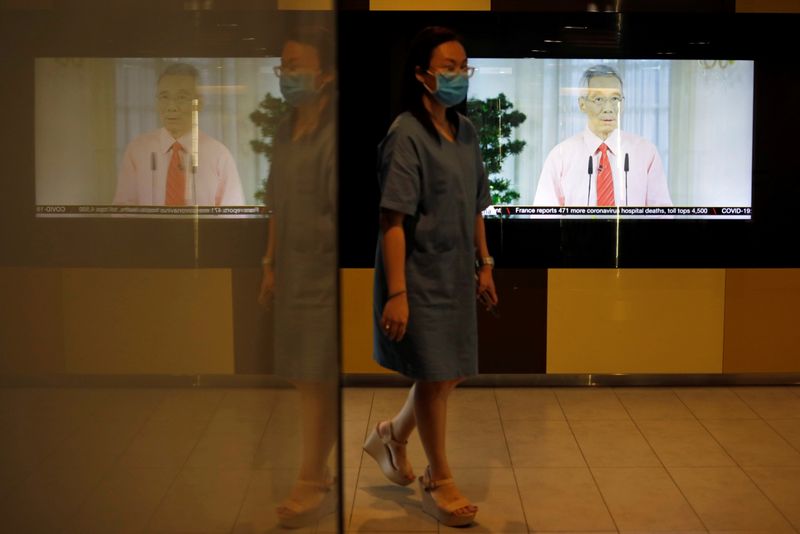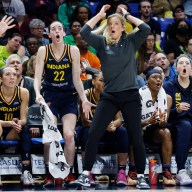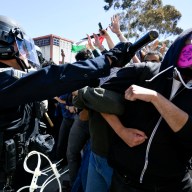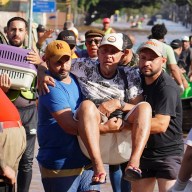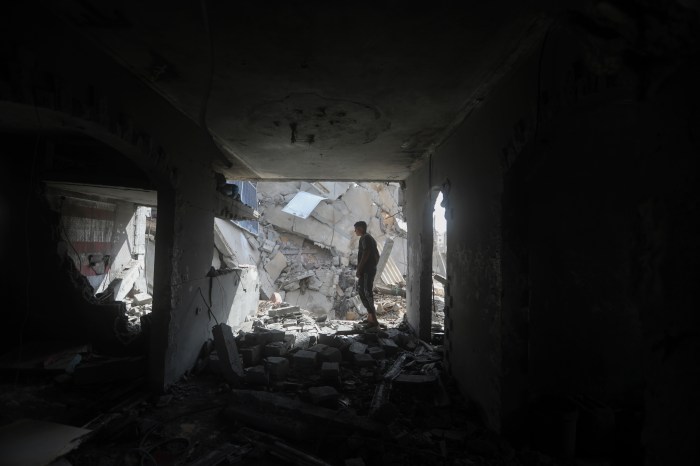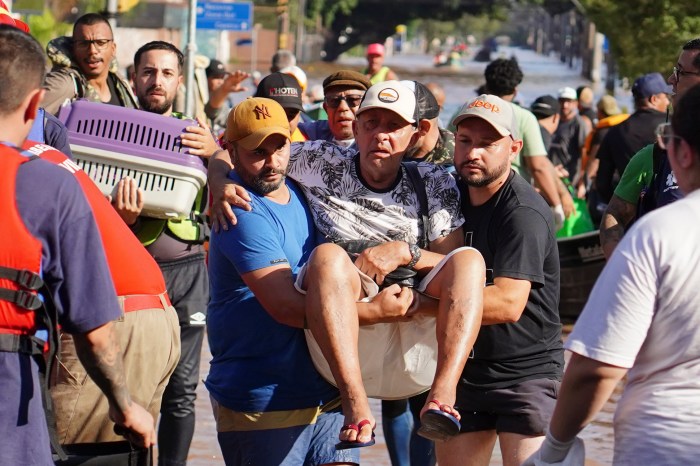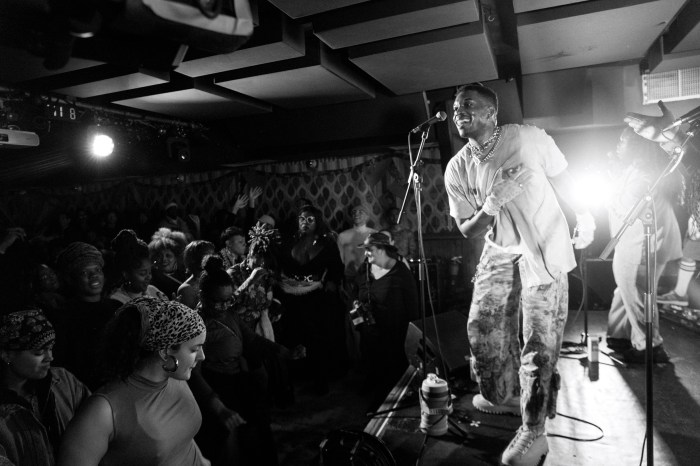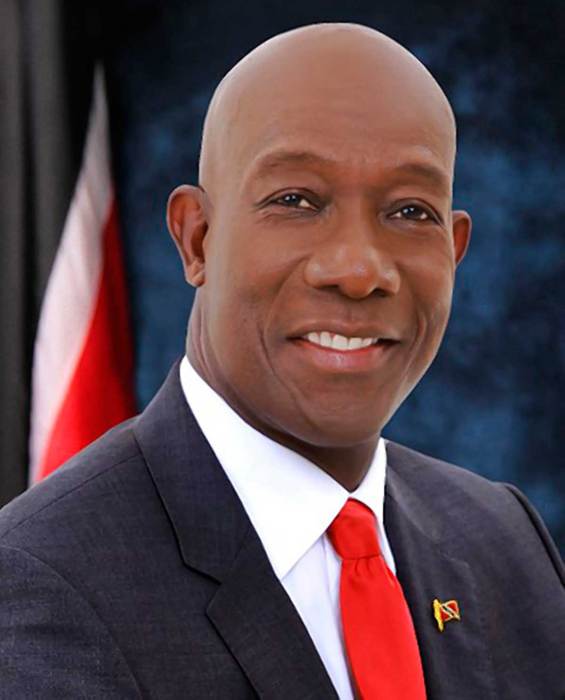SINGAPORE (Reuters) – Singapore will hold general elections next month after its prime minister opted to go ahead with a vote that opposition parties and rights groups have criticised as opportunistic and unsafe because of the coronavirus pandemic.
WHEN?
The election is to be held on July 10, and candidates have to submit nomination papers on June 30.
The next general election could have been held as late as April 2021. But Prime Minister Lee Hsien Loong said on Tuesday it was not clear when the pandemic would end and his government needed a fresh mandate to steer Singapore through the social and economic challenges it posed.
WHAT PRECAUTIONS WILL BE TAKEN?
Lee said the virus situation in the city-state, which has recorded some of Asia’s highest infection rates, fuelled by outbreaks in migrant workers’ dormitories, had stabilised and he was satisfied an election could be held safely.
Authorities have outlined safety measures such as temperature screening and social distancing at polling stations, rubber gloves for handling ballot papers, and specific voting times for seniors. Rules for sick or quarantined voters have yet to be finalised, but Singapore has said it will not allow mail-in ballots.
Singapore will not allow physical rallies as it now limits public gatherings to five people.
WHO ELSE HAS VOTED DURING THE PANDEMIC?
South Korea held parliamentary elections in April with stringent safety measures, and saw its highest turnout since 1992. Nearly 3,000 virus patients were allowed to vote by mail or in person, using special booths, while more than 13,000 in self-quarantine cast ballots after polls closed.
Primary elections have been held in several U.S. states ahead of a planned Nov. 3 election, while Serbia recently headed to the polls in Europe’s first post-lockdown election.
WHO IS CONTESTING?
Lee’s People’s Action Party, which has won every election since Singapore’s independence in 1965 and has never seen its vote share drop below 60%, is expected to win comfortably.
The main opposition Workers’ Party is likely to pose the stiffest challenge, but holds only six of parliament’s 89 elected seats.
The new Progress Singapore Party, led by former PAP lawmaker and presidential candidate Tan Cheng Bock, could cause an upset in a few seats, and has won backing from the prime minister’s estranged brother.
WHAT’S AT STAKE?
The election is seen as a litmus test for Singapore’s new generation of leaders, with Lee, a scion of the city-state’s founding family, planning to step down in the coming years.
While surveys show government satisfaction is high, people are most concerned about living costs and the gap between rich and poor in the wealthy city-state, a recent poll by BlackBox Research showed.
Even small shifts in support for the ruling party can spur policy changes that affect many international firms based in the Asian business hub.
After its worst result in 2011, although it still secured 60% of the vote, the PAP accelerated foreign labour curbs to allay citizens’ unease about immigration levels and the impact on job prospects and property prices.
CRITICISMS?
Some opposition parties have opposed holding an election during the pandemic as detrimental to public health and distracting from government efforts to combat the virus.
Rights groups have long criticised Singapore’s electoral process for favouring the ruling party. Special virus-related measures to limit physical campaigning and rallies threaten to further disadvantage smaller parties, ASEAN Parliamentarians for Human Rights said last week.
The Elections Department said it was committed to ensuring “free and fair” elections and was providing alternatives for political parties and candidates to reach voters via additional television broadcasts and livestreaming.
(Editing by Clarence Fernandez)

